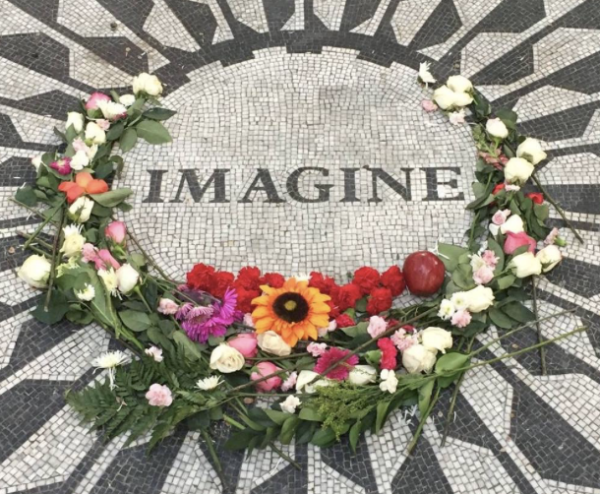
Perhaps one of the most powerful of phrases in all of teaching is one embedded deeply in the Washington State K-12 Learning Standards (Common Core State Standards) for English language arts. This phrase is one that I honestly believe could change all of humanity if it were embraced and appreciated fully; lives could be improved, our environment could be stabilized and nations would no longer be at war with one another. Wow—what phrase could possibly have such a powerful impact? Reasoned judgement. In essence, reasoned judgement is the critical thinking skill of being able to objectively analyze and evaluate information such as data, text, and research findings and derive a sound argument. Take it a step further and reasoned thinking can be shared with others in a coherent manner.
Developing the ability to arrive at a reasoned judgment requires deep critical thinking skills. One has to interpret information from multiple sources, discern fact from opinions and be ever-aware of the bias found in all forms of communication. It is a heavy cognitive load to say the least. And yet, just imagine if all Americans were indeed skilled in this ability. How different would have this last year have looked? What would have shifted in our pandemic response? Would there have been such a divide in American politics?
Yet, these skills are not the most difficult to master. The most difficult skill to master is that of overcoming one’s own bias when examining information. What if we were a society composed of people able to couple the ability to derive a sound and meaningful judgement from a variety of sources with an ability to examine our emotions and be open to the personal growth as referenced in the Washington State Social and Emotional Standards and Benchmarks? Oh my, this certainly would require not just a load of cognitive skills, but the emotional skill of holding space for vulnerability.
Is it far too idealistic to imagine a world where these such change could occur? Is the goal of having the vast majority of people skilled in critical thinking even attainable? In all honestly, I do not know. But I do know that I have always been a dreamer and I know I am not the only one. As educators, I feel we push ourselves, our students, and even society at large to be its best self. As I prepare myself to return to the classroom in 2021, I know I will be holding a strong resolve to ensure I thread reasoned judgement into all of my content areas. Critical thinking is imperative across the board in every subject! I will also be asking—no requiring—my students to practice the skill of examining their own biases. I have already established a base of a safe learning environment. It is time we take that space and put it to good use.
As a teacher, I know it is my calling to contribute knowledge and skills to our youth to help shape best world I can imagine. Together, we can affect the change we want to see in our world.
If the vision you’ve laid out (of sound reasoning and the emotional intelligence for personal growth) is idealistic, then I’m a dreamer right there with you. If educators aren’t willing to dig into this work of examining bias and developing critical thinking skills with our students, then nothing will ever change. I believe we have that responsibility to first look within ourselves and then model our own learning “out loud” for our students. This was a reminder I needed to hear, especially on the heels of the terrorism in the capitol yesterday (1/6).
I took for granted, for far too long, that critical thinking would “happen” through good instruction. It is clearer than ever that critical thinking must be explicitly, overtly, directly taught modeled and practiced for its own sake, not as a means to a curricular end.
And we are pulling the brakes on an out-of-control freight-train, particularly when it comes to getting society to understand the pervasive toxicity of unexamined biases (of all kinds).
Beautiful, Gretchen. This is what keeps me going, the hope that I am making a few young lives better by supporting these skills. Like everything we teach, no one method or environment seems to work for all students. But, our efforts as educators must factor into the collective change for the better. The experience of the last several years has really enlightened us to the need for reasoned judgment and awareness of bias. We just have to believe in the difference we can make.
A great idea and goal but one that requires people to read various view points, listen to those they don’t agree with. Given the level of literacy and lack of interest in reading among much of the populace, this would be a Herculean task. But the journey is worthwhile. Starting with young minds is a hopeful path.